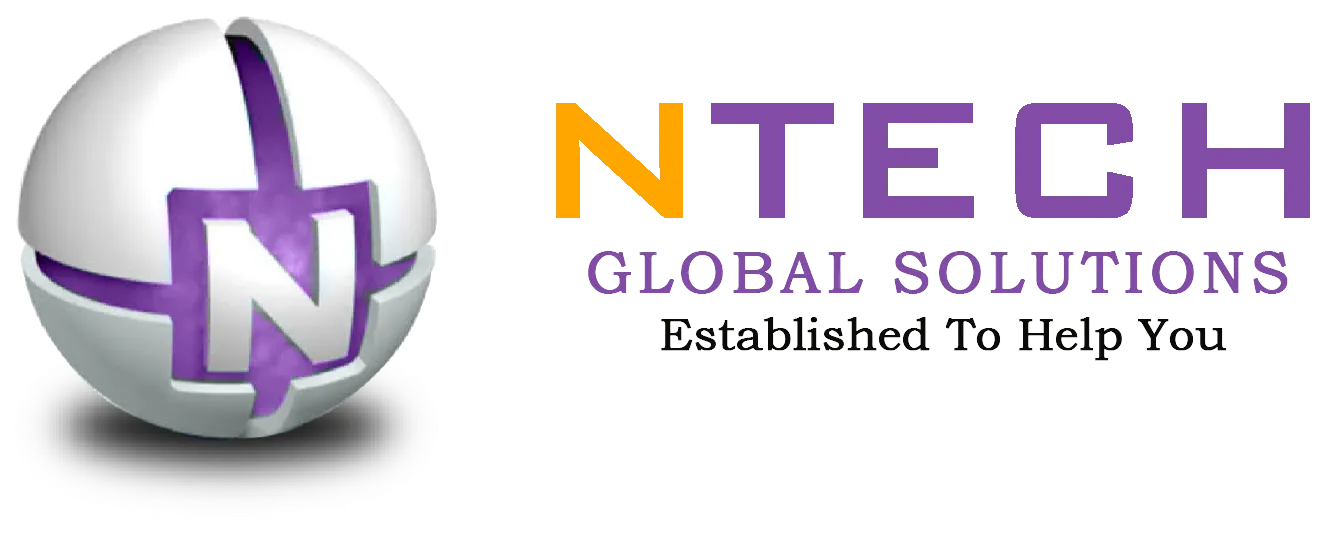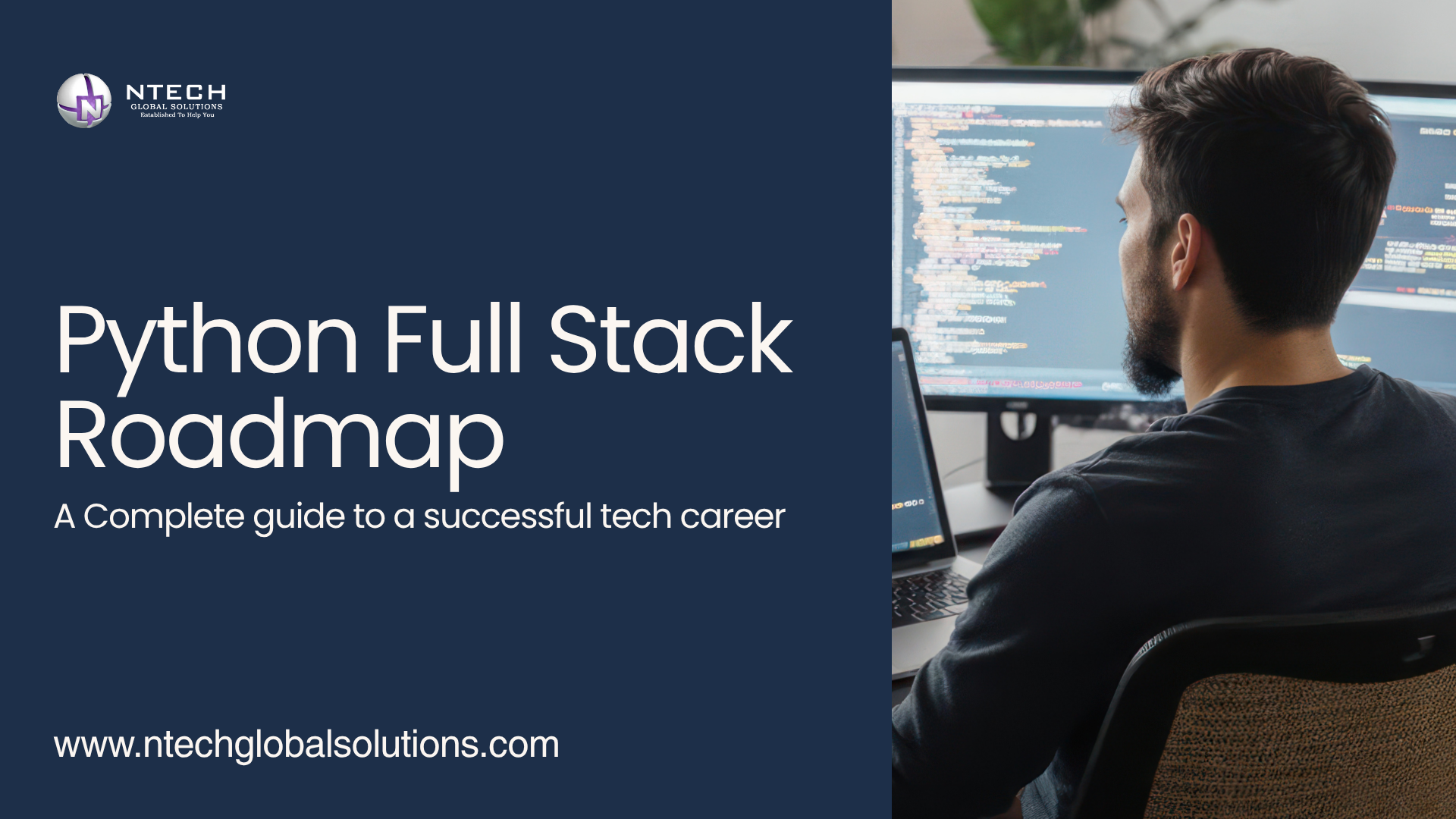This roadmap will guide you through every stage of mastering Python from writing your first line of code to developing full-fledged web applications.
Mastering the Basics
Every great journey starts with a strong foundation. Learning Python begins with understanding its basic syntax and core concepts. At this stage, you’ll get comfortable with variables, data types, conditional statements, loops, and functions. You’ll also explore essential collections like lists, tuples, sets, and dictionaries.
This phase is all about learning how to think in Python — writing clean, readable code that performs logical tasks efficiently. Once you can build small scripts and solve beginner-level problems, you’re ready to move on to more structured programming.
Understanding Object-Oriented Programming
Object-Oriented Programming, or OOP, is a crucial milestone in every developer’s path. It helps you design applications that are modular, reusable, and easy to maintain.
Through concepts like classes, objects, inheritance, and encapsulation, you’ll start to see how complex systems can be broken down into simpler, interconnected parts. Learning OOP in Python allows you to structure your code professionally — just as real developers do in large-scale projects.
Building Problem-Solving Skills with DSA
Once you’re comfortable with OOP, it’s time to strengthen your logic with Data Structures and Algorithms (DSA). This is where you learn how to store, organize, and manipulate data efficiently.
By practicing arrays, linked lists, stacks, queues, hash tables, trees, recursion, and sorting algorithms, you sharpen your problem-solving skills, an ability that every developer needs, regardless of the domain. DSA might seem challenging, but it forms the brain of your coding ability.
Exploring Package Managers
As you begin to work on larger projects, you’ll rely on external libraries and tools. Python’s package managers - pip, Conda, and PyPI make it simple to install, update, and manage these packages.
Learning how to handle dependencies is a small yet essential step toward becoming a professional developer. It ensures that your projects remain organized, efficient, and easy to maintain across environments.
Diving into Advanced Python
With the fundamentals in place, it’s time to explore Python’s more powerful capabilities. Advanced concepts like list comprehensions, decorators, iterators, generators, and lambda functions help you write cleaner and faster code.
You’ll also work with regular expressions and different programming paradigms. These skills separate beginners from advanced developers, enabling you to solve problems elegantly with fewer lines of code.
Web Frameworks: Bringing Your Ideas to Life
Once you’ve mastered Python itself, it’s time to use it to build something tangible - websites and web applications. Python offers several excellent web frameworks, each suited for different needs.
Django provides a full-stack experience with built-in tools for database handling, security, and admin interfaces. Flask is lightweight and flexible, perfect for smaller projects or APIs. FastAPI is ideal for modern, high-performance backend systems, while Tornado is great for handling asynchronous operations.
Learning one or more of these frameworks allows you to develop, deploy, and manage complete web applications, the core skill of a full stack Python developer.
Automation: Making Life Easier
One of the reasons developers love Python is its ability to automate repetitive tasks. From file manipulation and web scraping to GUI and network automation, Python can handle it all.
By writing automation scripts, you can save hours of manual work and increase efficiency, whether it’s extracting data from websites, cleaning files, or managing large datasets. Automation is not only practical but also a great way to build hands-on coding experience.
Testing for Perfection
Writing code is only half the job testing it ensures your work runs smoothly. Python provides robust testing frameworks like unittest and pytest that help identify bugs before deployment.
Learning different types of testing unit, integration, and end-to-end — teaches you how to deliver reliable and high-quality applications. Test-driven development (TDD) further strengthens your understanding of how software should behave in real-world scenarios.
Data Science — Expanding Your Horizon
While not mandatory for a full stack developer, understanding data science can give you an edge. Python dominates this field with powerful libraries like NumPy, Pandas, Matplotlib, Seaborn, Scikit-Learn, TensorFlow, and PyTorch.
These tools allow you to analyze data, visualize insights, and even build machine learning models. In a world where data drives decisions, these skills can take your development career to the next level.
Bringing It All Together
A Python Full Stack Developer isn’t just a coder, they’re a problem solver who understands every layer of web development. You’ll know how to design databases, write backend logic, connect APIs, and integrate front-end interfaces using HTML, CSS, and JavaScript.
You can then deploy your applications on platforms like AWS, Heroku, or DigitalOcean and showcase them in a personal portfolio. From small startups to tech giants, full stack developers are always in demand and Python gives you all the tools to succeed.
Conclusion
Learning Python full stack development is a journey of continuous growth. Each step from writing your first line of code to building complete web applications strengthens your skills and confidence.
At Ntech Global Solutions, we help aspiring developers turn their learning into real-world expertise. With guided mentorship, live projects, and hands-on experience, you can become a job-ready full stack Python developer faster than you think.
Start your journey today, and let Python pave your path to a successful tech career.


Comments
No Comments Yet
Leave a Reply